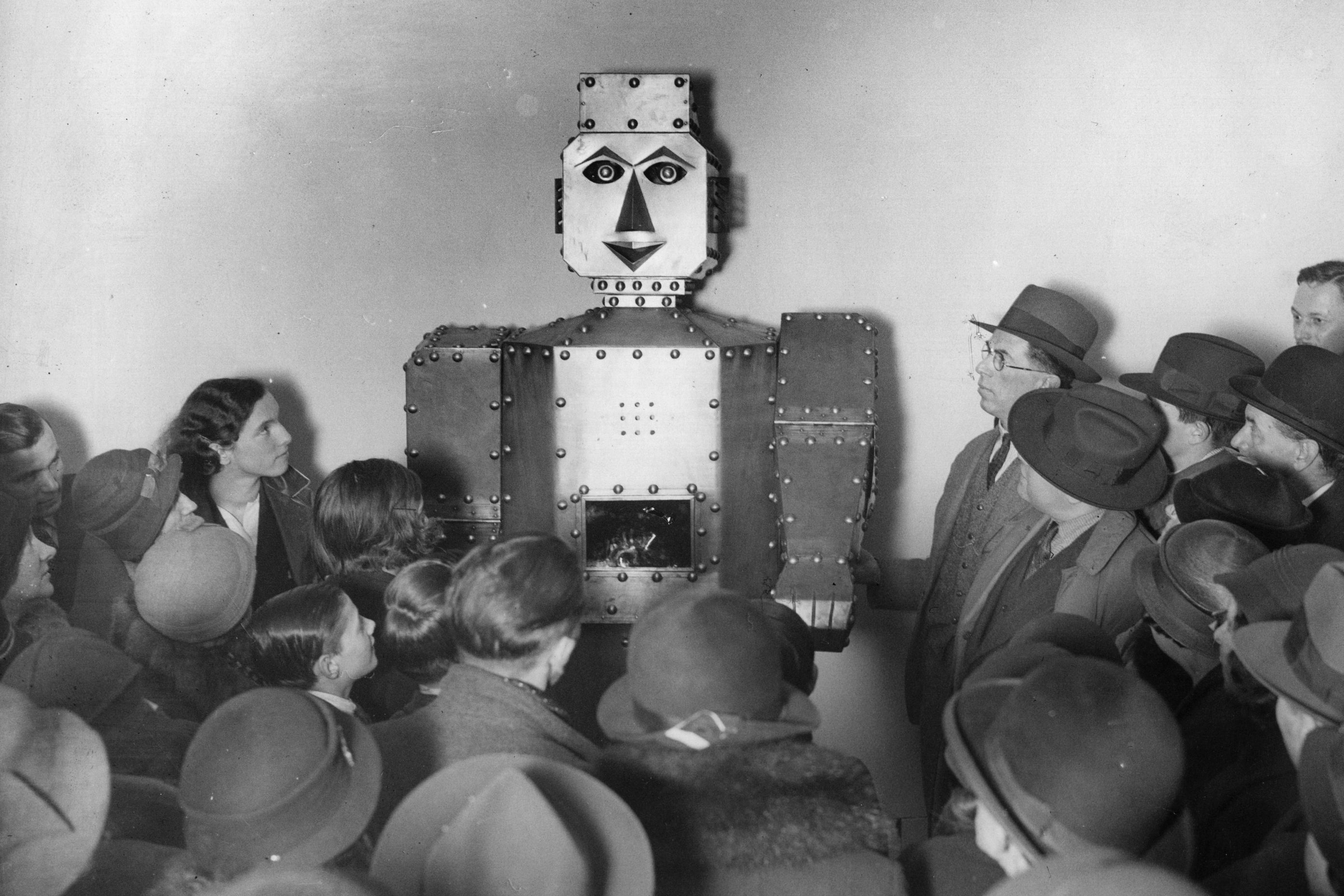The Debate: Should we use AI for everyday work tasks?

Is using AI for emails and note-taking a no-brainer, or do we risk losing important human skills? We get two writers to hash it out in this week’s Debate
Yes: Most of us are terrible note takers. AI is a god send
I am all for the use of technology to ease the ever increasing burden of admin. Writing emails can take up a lot of the day, so if we can find ways to write back “Thanks for the feedback” or other straightforward responses without having to spend all day typing, then I will lap that up, and I see no reason why other people wouldn’t too. I would never use AI to write personal emails, or client emails which require a personal touch – I always think it’s obvious it’s AI to most people as it’s not in your voice and the language is often more stilted and false-sounding.
For people, like me, who have lots of online meetings and who have to write contact reports after getting facts correct or detailed descriptions of something, or even just correctly recollect what someone’s said, AI note takers are a godsend. Most of us are terrible note takers, scrawling things incoherently on post-its or in notebooks. An AI note-taker won’t get it wrong. It also lets you be a more polite and engaged conversationalist as you can maintain eye contact, you’re not always looking down at your notes.
We do need to remember etiquette though – I don’t think we should get into the habit of using AI notetakers without asking permission of the other people in the meeting. I have been in meetings where the PR is being told something very confidential that’s going to be made public later and obviously there is a risk the transcript could be wrongly shared. There is also a general etiquette we should adhere to here too, where we should ask if people mind being recorded.
Julie Thompson Dredge is the founder of Frame PR
No: AI-generated messages make everyday interactions feel cold and transactional
AI is an incredible tool, but it’s not a free lunch. The computing power behind it is skyrocketing, and if businesses don’t start using it more thoughtfully, the environmental impact will be staggering. Data centres are already consuming vast amounts of energy, and every unnecessary AI request adds to that demand.
Just as we’ve learned to ask, ‘Do I need to print this?’, we should also be asking, ‘Do I need to prompt this?’. If AI is churning out emails no one reads, summarising meetings that no one refers back to, or analysing data no one acts on, it’s wasting resources. Worse, it’s making workplace communication feel more robotic. AI-generated messages can strip out personality and nuance, making everyday interactions feel cold and transactional.
Beyond that, there’s also the risk of outsourcing too much thinking to machines. When AI does too much of the heavy lifting, it’s this higher-level thinking that can deteriorate. If people stop engaging with ideas, then decision-making will suffer. Not to mention what happens when AI gets things wrong.
None of this is to say AI doesn’t belong in the workplace, but businesses need to be smarter about when and how they use it. Training teams to think critically about AI, is the difference between using AI well and using it wastefully. Otherwise, we risk turning a revolutionary technology into a blunt instrument.
AI should work for us, not replace the effort of thinking for ourselves.
Chelsea Hopkins is social media and PR manager at internet provider Fasthosts
The Verdict: There’s meaning in the menial
AI in the workplace is a divisive topic and the idea of it being used to replace anything that we consider requiring that illusive “human touch” is naturally threatening to us, but what about those menial, everyday, time-consuming tasks like writing emails and note-taking in meetings?
Thompson Dredge and Hopkins both agree there’s a line when it comes to emails (nobody wants to talk to a bot all day), but Thompson Dredge’s argument that AI note takers can actually allow us to engage more in meetings by reducing distraction is compelling. On this point, however, it is right to consider Hopkins’ point on the risk of outsourcing basic thinking to machines. After all, many argue that the act of taking notes can actually increase engagement and information retention. Likewise, writing emails can train important human skills like communication, tone and precision. Menial tasks may feel like a waste of our mighty human intelligence, but sometimes they may actually aid it.
Further to this, the environmental costs of using AI cannot be ignored. A ChatGPT search is estimated to use up to 25 times more energy than a Google search, so we need to ask what tasks actually justify this. An email that would take less than a minute to do ourselves? Not quite.
